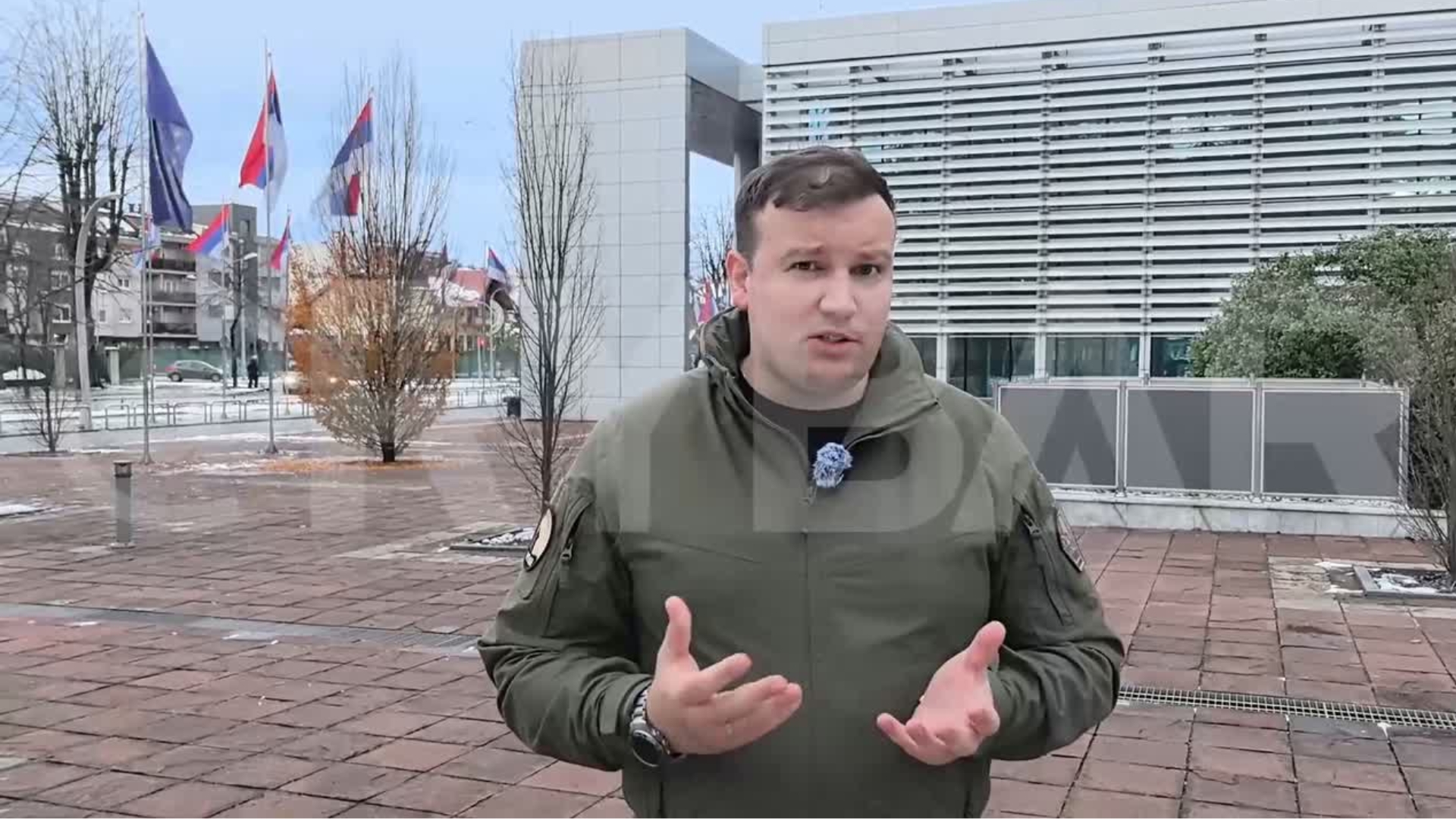This post is also available in: Bosnian
Responding to indictee Karadzic’s cross-examination questions, witness Nedjeljko Prstojevic said that the Serb authorities in Ilidza allowed “Muslims to have freedom of movement” during the entire war.
“On the other hand, Bosniak authorities kept Serbs like hostages in Sarajevo. As far as I know, the international conventions allow for the removal of people from areas struck by military activities because buildings are destroyed.
“Ilidza authorities did not resettle people in an organised manner. We just temporarily evacuated people. However, as far as Serbs living in Sarajevo are concerned, leaving the city meant becoming free,” Prstojevic said.
Prstojevic, who began testifying on March 3 this year, said that “some Muslims voluntarily stayed” in the Serbian municipality of Ilidza “during the course of the entire war”.
Radovan Karadzic, former President of Republika Srpska, RS, is on trial before the Hague Tribunal on charges of genocide, crimes against humanity and violation of the laws and customs of war.
He is also charged with participating in the persecution of the non-Serb population in 20 municipalities in Bosnia and Herzegovina, including Ilidza, and
The indictment alleges that Karadzic participated in a joint criminal enterprise, in collaboration with members of Bosnian Serb official bodies at the municipal and local level, including crisis committees, among others, with the aim of removing Bosnian Muslims and Croats from the parts of Bosnia and Herzegovina claimed by Serbs.
Prstojevic said that during the course of 1992 “a large number of Serb refugees from Central Bosnia” arrived in Ilidza municipality, which led to “a complicated situation”.
“During that period everybody possessed weapons at some stage. There were no guarantees or regulations. People thought they had the right to do something. Whoever opposed them was killed, irrespective of whether he was a president, brigade or police commander – his function did not matter,” Prstojevic said.
The witness said that due to “big combat offensives, the population- all ethnic groups- ran away from certain areas”.
“In the area we controlled, the population grew from 20 to 45 thousand. President, you do not know this, but I locked the municipality building a number of times and all officials took guns and went to defensive war. I participated in combat, as an infantry member, together with other officials for six days in a row. We did not sit in our offices, but each official had to go to a trench,” Prstojevic said.
When asked by Karadzic if “the establishment of a legal state and authorities” in Republika Srpska was a task that lasted for a long time, Prstojevic answered affirmatively, adding that local authorities often did not have a chance to communicate with the RS leadership.
“If someone wanted to replace me for the position of assembly president, he had to convince and lobby with assembly delegates in order for them to vote for that. There was no other way to replace me. Not even the RS President could do it,” the witness said.
The trial of Karadzic is due to continue in May this year, following an eight-week break which the Trial Chamber approved in order for the indictee to familiarise himself with documents submitted by the Hague Prosecution.
D.Dz.


